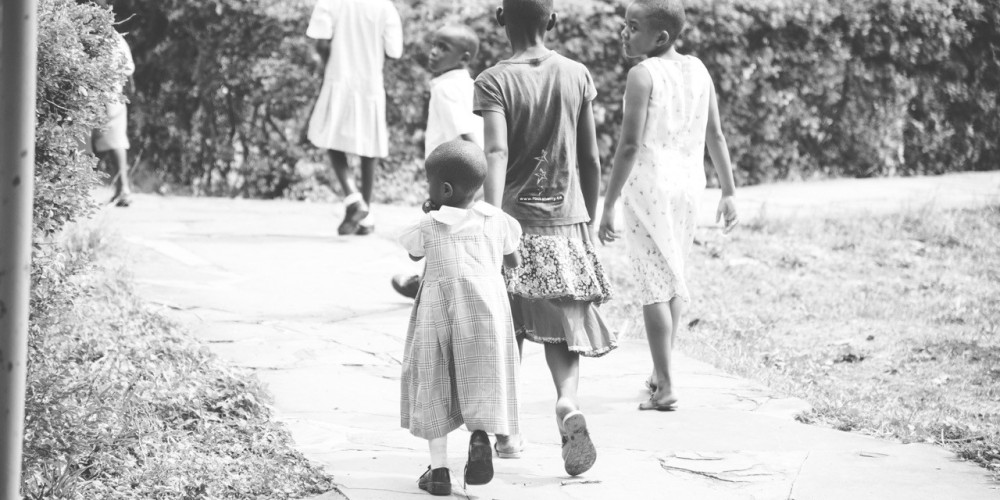Why are we helpless? Because we learned to be

Why do so many of us feel so helpless so much of the time?
We think there’s no point in protesting – nothing will change. We think there’s no point in applying – the jobs are already allocated to insiders. We think there’s no point in aspiring to run our own businesses – we’ll just fail and lose everything. We think there’s no point in working hard – promotions are reserved for the boss’s favourites.
Psychologists Martin Seligman and Steve Maier conducted a famous experiment on dogs in the 1960s. The dogs were placed in special electrified harnesses in three groups. The first group of canines was put in the harness, not given any electrical shocks, and then released.
The second group was placed in the same harness, and was subjected to uncomfortable electrical shocks – but shown a way of stopping the current, by pressing a lever. These dogs soon learned to use this method to stop the shocks.
A third group was subjected to the same shocks, and given the same way out – except that this time, the lever didn’t work. Nothing the dogs did would stop the shocks. They came to learn that shocks were inescapable.
In the next stage, all three groups of dogs were placed in a special box containing two chambers, divided by a low barrier. One chamber had an electrified floor; the other did not. Dogs were placed in the electrified chamber first, and began receiving little shocks. However, it was very easy to jump over the low barrier and into the safe chamber.
So, which dogs jumped to avoid the pain? The dogs from group one – who had never received any shocks – jumped quickly. Group two dogs – who had faced shocks before, but had learned to be able to stop them – mostly also jumped. The dogs from group three? Most of them didn’t jump at all. To them, the shocks were a part of life they couldn’t control. They simply accepted their uncomfortable fate. They lay down and whined.
This phenomenon is called learned helplessness. The group three dogs had “learned” that life is unpleasant and nothing can be done about it – simply because their attempts to escape pain had failed in the past.
This condition is very strong in humans, too. A child who does badly at school in a certain subject and whose early efforts yield no progress will quickly give up trying. An employee who has failed to earn merit-based pay increases will soon not even attempt to earn them. People whose first business has failed often stop trying with new ones – even though they had learned valuable lessons in the first failure that might lead to future successes.
This becomes a self-reinforcing condition: many people fall into apathy and negativity – and make no effort to improve their lot. In Kenya, we can see this condition in our voters: “why vote, or why vote for anyone different, nothing changes”; in employees: “why try harder, no one cares”; in citizens: “don’t resist corruption, you can’t fight it.”
Parents, teachers, leaders, pay attention. The apathetic dogs were finally trained to jump over the barrier and escape the shocks. People can be conditioned to escape depression and passive acceptance and take charge of their lives. But positive reinforcement is very important.
If you are making your children, your pupils or your employees constantly feel like failures, failures are soon all they will be. People need to feel successes, even small ones. They grow when effort leads to positive change. They descend into negativity when effort repeatedly yields nothing.
We can’t all succeed in the same ways, but we can all succeed. Loss of control destabilises anyone. The more we condition people to feel like they have no control, the more helpless they become. Once we understand that, we are able to inspire and coach others to be better and do more.

Buy Sunny Bindra's book
UP & AHEAD
here »
Popular Posts
- What is a nation?June 30, 2024
- To be a great leader, think like a farmerJuly 21, 2024
- Don’t be surprised by surprisesJuly 14, 2024
- It takes mavericks to change the gameJuly 7, 2024
- Why we should all be activistsJune 16, 2024















